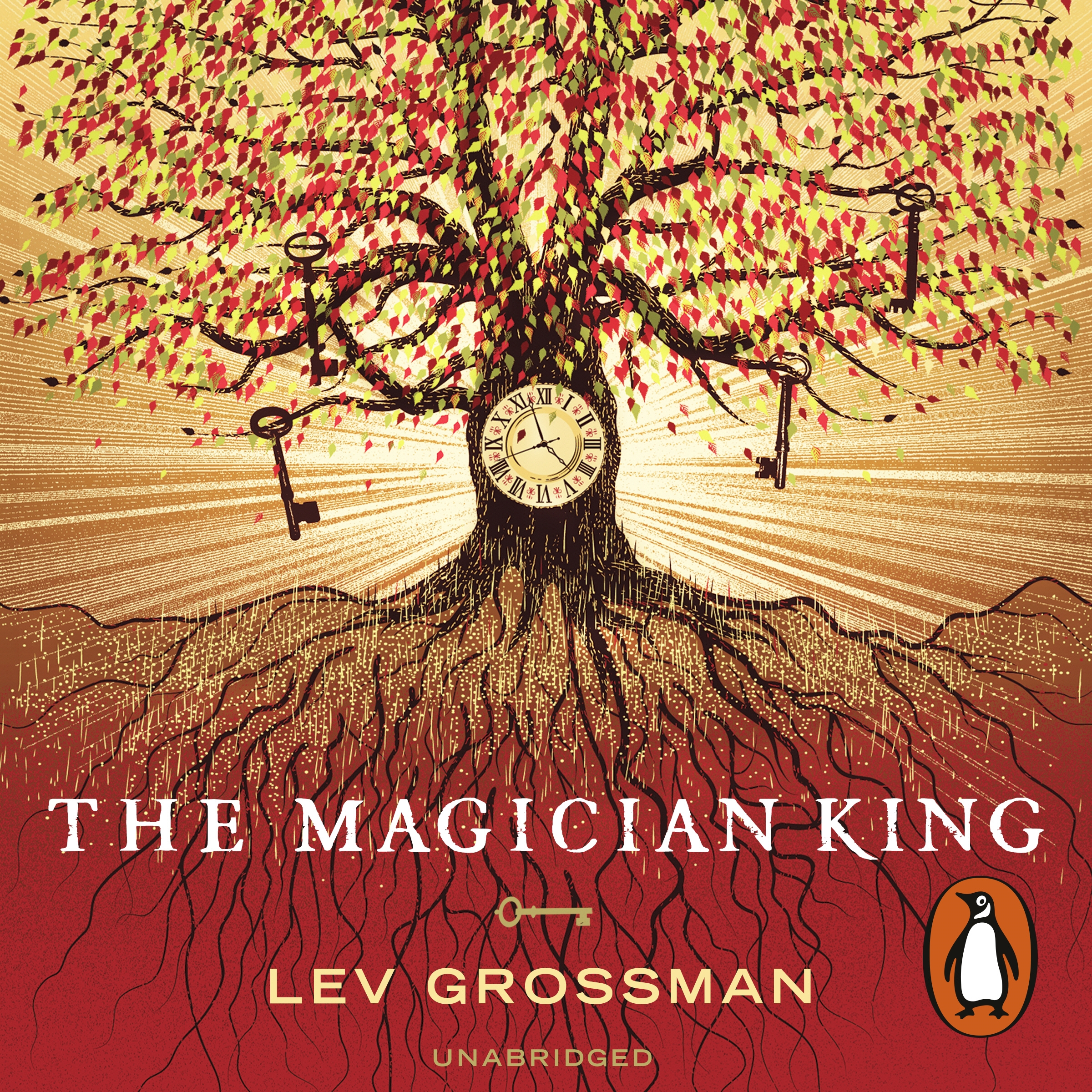

Not only does he figure prominently in the French Vulgate Cycle, but he shines in the French and English romances. In addition to the History of the Kings of Britain, Geoffrey of Monmouth also authored a work specifically on Merlin entitled “The Prophecies of Merlin”, which later became the seventh book in the History of the Kings of Britain. These led to a tradition that is manifested in other medieval works, in eighteenth-century almanac writers who made predictions under such names as Merlinus Anglicus, and in the presentaion of Merlin in later literature.ĭuring the Middle Ages, Merlin became very popular. In The History of the Kings of Britain, Merlin assists Uther Pendragon (Arthur’s father) and is responsible for transporting the stones of Stonehenge from Ireland, but he is not directly associated with Arthur. Geoffrey changed the name of the character from Merdinus to Merlinus, with the former too close to the Anglo-Saxon word merde – slang for excrement. King Arthur’s most trusted advisor, prophet, magician, and friend, Merlin was almost certainly the creation of Geoffrey of Monmouth, who writes extensively about Merlin in his twelfth century work The History of the Kings of Britain.

Geoffrey combined tales and stories of a bard and wizard named Myrddin, who was created by a ninth century mystic named Nennius. Nennius chronicled that Myrddin had been born of no earthly father and used his wizardry and powers to foretell the defeat of the British by the Saxons.


 0 kommentar(er)
0 kommentar(er)
